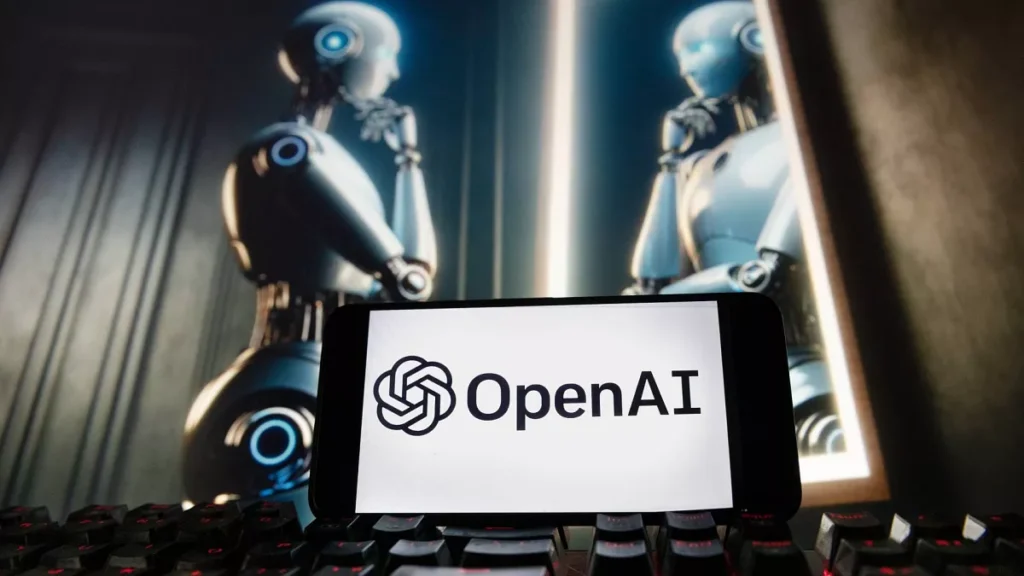Islamabad, Mar 29, 2025: OpenAI has recently implemented significant changes to its content moderation policies, particularly concerning image generation within ChatGPT.
These updates permit the AI to create images of public figures, certain symbols, and specific racial features upon user request—areas that were previously restricted due to their sensitive nature.
Joanne Jang, OpenAI’s model behavior lead, explained this policy shift in a recent blog post, stating that the company is moving away from blanket refusals in sensitive areas to a more nuanced approach aimed at preventing real-world harm.
This change reflects an acknowledgment of the complexities involved and a commitment to adapt as understanding evolves.
This adjustment aligns with OpenAI’s broader strategy to “uncensor” ChatGPT, as announced in February. The goal is to enable the AI to handle a wider range of requests, offer diverse perspectives, and reduce the number of topics it declines to engage with.
ChatGPT can now generate and modify images of notable individuals like Donald Trump and Elon Musk under the new guidelines, whereas OpenAI had previously prohibited this practice.
Jang emphasized that OpenAI seeks to avoid determining who can be depicted by the AI.
Instead, the company is introducing an opt-out feature for individuals who prefer not to have their likeness generated by ChatGPT.
Read More: Meta Highlights Eocean’s WhatsApp Integration at PTCL as Global Success
Additionally, the updated policies allow for the generation of certain symbols, such as swastikas, in educational or neutral contexts, provided they do not promote or endorse extremist agendas.
This nuanced approach seeks to balance the potential for educational use with the need to prevent harm.
OpenAI has also refined its definitions of “offensive” content.
Previously, we declined requests to alter physical characteristics, such as making a person appear heavier or changing their racial features.
With the new policies, ChatGPT is more accommodating of such requests, reflecting a shift towards greater user control and flexibility.
Despite these relaxations, OpenAI maintains certain restrictions.
For instance, while ChatGPT can mimic the styles of creative studios like Pixar or Studio Ghibli, it continues to prohibit imitating the styles of individual living artists to respect their intellectual property rights.
Furthermore, the AI still refuses to generate images involving sensitive content, particularly those depicting children, to prevent misuse.
These policy changes have sparked discussions about the balance between creative freedom and ethical responsibility in AI-generated content.
By adopting a more precise approach to content moderation, OpenAI aims to empower users while remaining vigilant against potential harm
